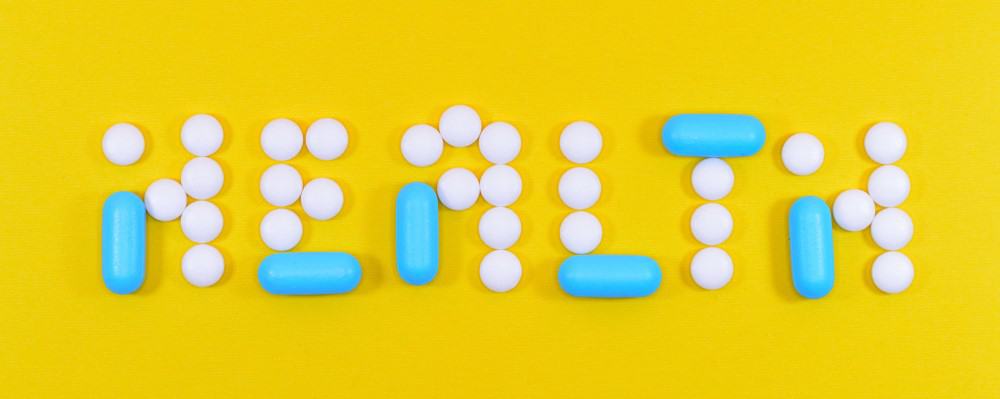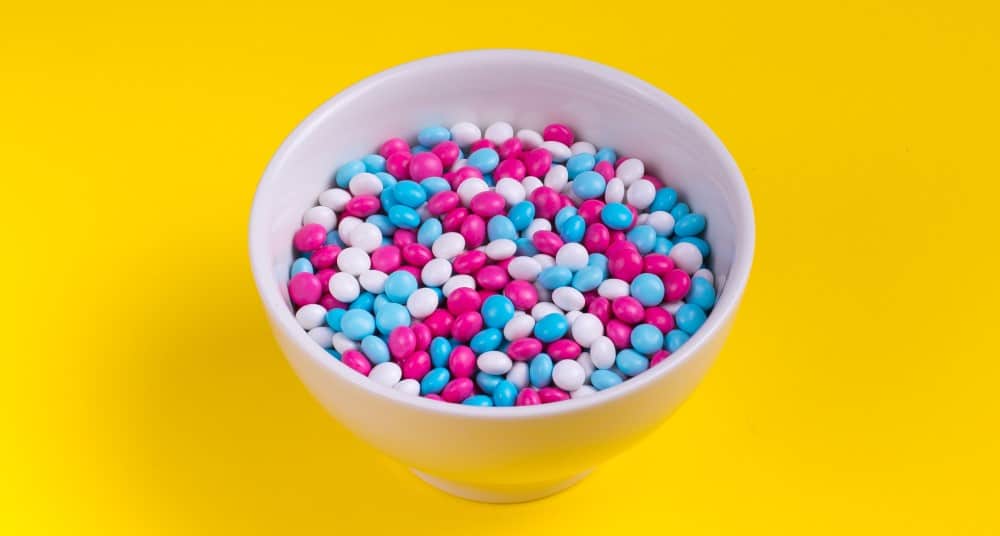Choline is a vital nutrient that the body makes itself or is absorbed through food.
It used to be called a vitamin, and was named vitamin B4 (like adenine); now it is officially listed as a “vitamin-like substance”.
But what are the best Sources for Choline?
Although produced in small quantities by the body, these are often insufficient, and dietary supplementation with choline-containing foods or choline supplements should be considered.
People who fast for long periods of time or who follow a strict diet plan may develop choline deficiency, the consequences of which are a loss of muscle, tumors, dementia, or fatty liver; however, this is extremely rare since choline is found in many foods.

Benefits of Choline
It is a precursor that is metabolized in the metabolism of the body into the neurotransmitter (transmitter of nerve signals) acetylcholine.
Acetylcholine plays a major role in cognitive functions such as memory formation, learning, concentration, and attention.
Otherwise, it is responsible for the control of blood pressure, respiration, heartbeat, and digestion in the autonomic nervous system.
In addition, it has great importance in brain diseases such as Alzheimer’s (= acetylcholine is broken down) or dementia.
History of Choline
It was discovered in 1849 by the German chemist Adolph Strecker in pig bile (hence the name: Greek chol? = bile).
It was first chemically synthesized in 1865 by pharmacologist Oscar Liebreich. Before it was discovered that its chemical structure was identical to choline, it was known as “Neurin” until 1899.
Only in 1998, it was classified by the Food and Nutrition Board (USA) as a “vital nutrient”.
Unfortunately, choline is largely unknown in Europe, few people know of the positive effect on thinking ability and natural body functions. Therefore, it is rarely recommended as a dietary supplement, and there is little information about the choline content of various foods.
Choline Sources
The assumption that the body makes enough choline by hand from other substances has been refuted only in recent years.
For adults, a daily intake of at least 425 – 550mg choline is recommended.
In high doses, choline inhibits brain malfunctions, e.g. headache or memory loss caused by Racetam.
Choline Sources from Food
Choline also occurs in natural foods; Here is a list showing the corresponding choline content:
- Hard boiled egg | 113mg Choline
- Chicken Breast (220g) | 150mg Choline
- Cod (220g) | 190mg Choline
- Milk (1L) | 173mg Choline
- Soybeans (100g, dry) | 116mg Choline
- Spinach (450g) | 113mg Choline
- Peanuts (146g = 1 cup) | 77mg Choline
- Almonds (143g = 1 cup) | 74mg Choline
- Broccoli (1 cup) | 62mg Choline
- Pork (100g) | 104mg Choline
- Butter (100g) | 19mg Choline
- Feta cheese (100g) | 16mg Choline
- Rice (100g) | 2mg Choline
- Apple| 3mg Choline
- Rye bread | 16mg Choline
- Potato (100g) | 13mg Choline
- Beef liver (100g) | 418mg Choline
- Egg yolk (100g) | 820mg Choline
Food sources with high choline content:
Meat and fish dishes, eggs, milk, chocolate, soya, seeds, nuts, vegetables, herbs, and spices.

Choline Sources from Supplements
If you do not get enough choline from food, you can still resort to dietary supplements (in powder or capsule).
Choline supplementation may be worthwhile, even if the daily needs are met by food: the following forms of choline have other cognitive properties. That is why they are also called nootropics and can be found in many stacks.
Alpha-GPC
Alpha-GPC is a phospholipid that occurs naturally in the brain and liver.
When the brain requires acetylcholine and the choline stores are empty, the phosphatidylcholine (PC) of the cell walls is converted to GPC choline.
The supplement form has a choline content of 40%.
It is a pure form of soy lecithin and can pass the blood-brain barrier completely – making it a more effective choline form.
Other benefits: It has no side effects and can be used to treat dementia and Alzheimer’s disease.
Dosage: 300-1200mg per day.
Other names: L-alpha-glycerylphosphorylcholine, ?-GPC, cholinal foscerate
In addition to its neuro function, an increased release of growth hormone (somatropin) was detected.
CDP-choline (citicoline)
Although CDP-choline has a low choline content (18%), it is an excellent choline source. It also occurs naturally in the body, it is produced by the synthesis of phosphatidylcholine, producing choline and cytidine.
It has proven effective in the treatment of ADD and ischemic strokes. Otherwise, it can improve cognitive functions, such as e.g. Mindset and focus.
In addition to its nootropic properties, it is used for eye diseases such as cataracts.
Due to its high bioavailability, it is almost completely absorbed by the body.
Recommended daily dosage: 500mg
In addition, it is a 2-in-1 supplement because, in addition to choline, it contains the nucleoside uridine monophosphate.
Side effects are rare and are similar to those of other sources. Overdoses are associated with depression and diabetes.
Choline Bitartrate
Choline bitartrate is a cheap alternative, the choline content of which corresponds to about 40% of the total weight, ie in concrete terms: 1 g choline bitartrate corresponds to about 400 mg choline. It is advisable to check the proportion on the packaging because some manufacturers sell products with a poor mixing ratio (in some cases even less than 20%).
It is produced by the combination of choline and bitartrate.
Compared to other choline-rich supplements, this form does not appear to significantly increase the proportion in the brain, and is more likely to be compared to food-based choline forms (e.g., lecithin).
Recommended dosage: 500-1000mg daily.
At higher doses, side effects such as gastrointestinal upset and unpleasant body odor may occur.
Lecithin
Lecithin is derived from the soybean plant (soybeans) and has a high bioavailability (= is easily absorbed by the body). It provides the body with choline in the form of phosphatidylcholine, which is converted by the body into acetylcholine.
Daily dose: 400-800mg
Overdose may cause the same side effects as choline bitartrate.
Other names: phosphatidylcholine, lecithin, crude lecithin.
Which Choline Source is the Best?
If it is a question of money, choline bitartrate wins – it costs a lot less and is sufficient to compensate for any deficits.
But what is the best choline shape when money does not matter? Alpha-GPC or CDP choline?
Similarities between GPC and CDP:
- Both increase the choline level of the brain.
- Both contribute to acetylcholine and PC synthesis.
- Both are naturally occurring choline intermediates.
- Both promote the membrane fluidity of the cells.
- Both increase acetylcholinesterase.
- Both have been used successfully in the treatment of dementia.
- However, CDP did slightly better.
- Both showed improvements in the recovery of muscarinic acetylcholine receptors from rodents
Differences between GPC and CDP:
- GPC contains 40% choline, CDP only 18% – quite a big difference.
- CDP is both uridine monophosphate supplement, as well as choline supplement.
- CDP showed improvements in the restoration of dopamine receptors in rodents.
- CDP appears to improve the symptoms of Parkinson’s disease, which could be due to the increased density of dopamine receptors.
- GPC increases the release of somatropin (growth hormone).
In one study, 120 participants with various degrees of dementia were given a daily dose of 1g (GPC or CDP) (90 days).
The researchers came to the following conclusion: Alpha-GPC has a greater impact on enhancing mental function, but both have been shown to be helpful in reducing symptoms.
The disadvantage of the study: Both nootropics were administered intravenously. An oral application has not been tested. It is possible that GPC’s effect was enhanced by the injection, as it is normally not fully absorbed in the stomach.
Conclusion: Best Choline Source
Alpha-GPC and CDP-choline are great choline supplements that have little in their properties.
In addition to choline, CDP supplies the substance uridine monophosphate, which has a protective function on the brain. In addition, CDP increases the dopamine content in the brain.
GPC contains a greater amount of choline than CDP and may affect cognitive functions more. Otherwise, it is associated with increased secretion of the growth hormone somatropin.
My recommendation:
If the choline requirement of the body is already covered —> CDP choline
If you diet lacks choline —> Alpha-GPC
It is not wrong to test both forms, as the effect varies from person to person. If you’ve tested every nootropic for a few weeks, you’ll most likely notice what’s right for you.




